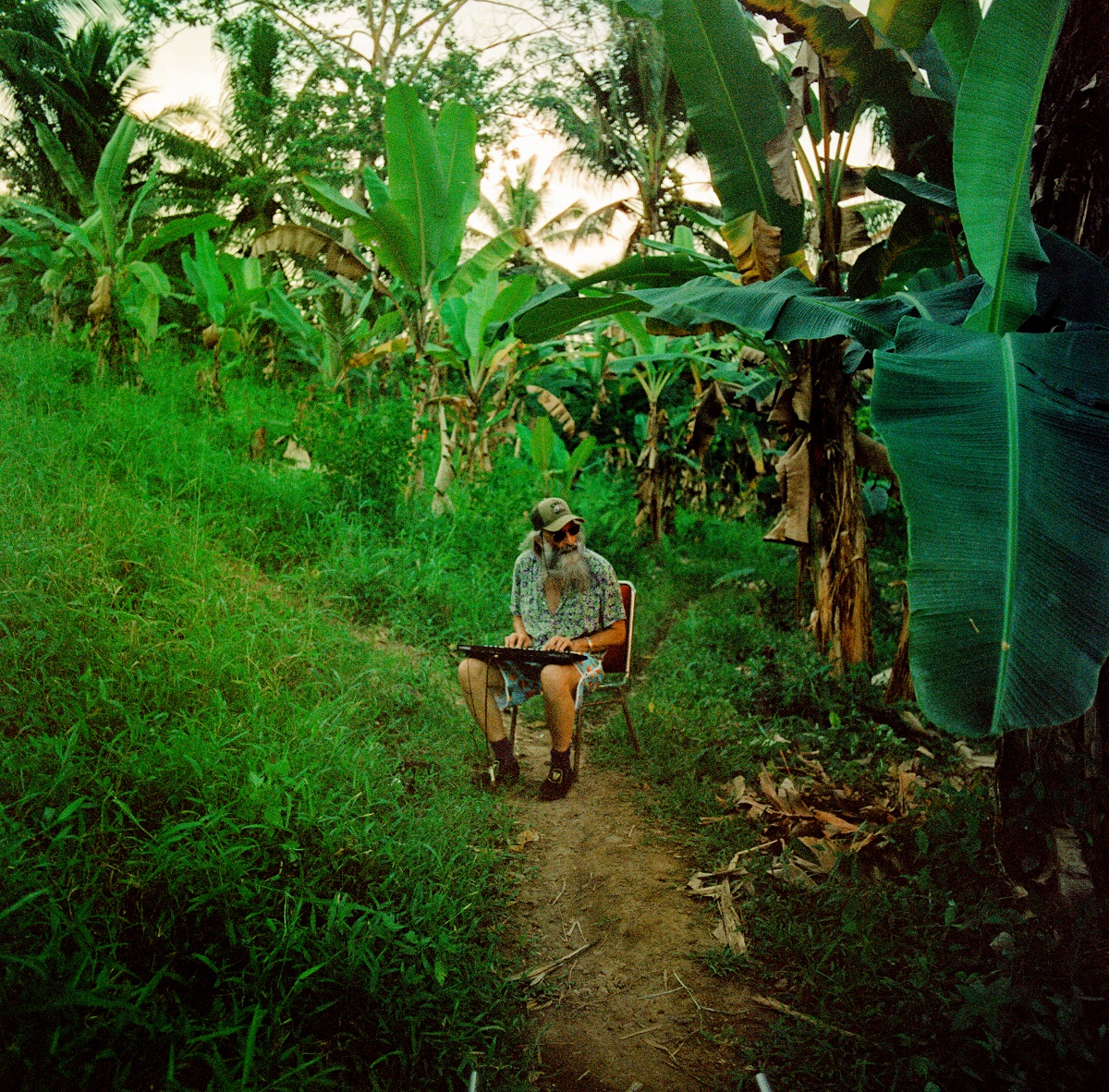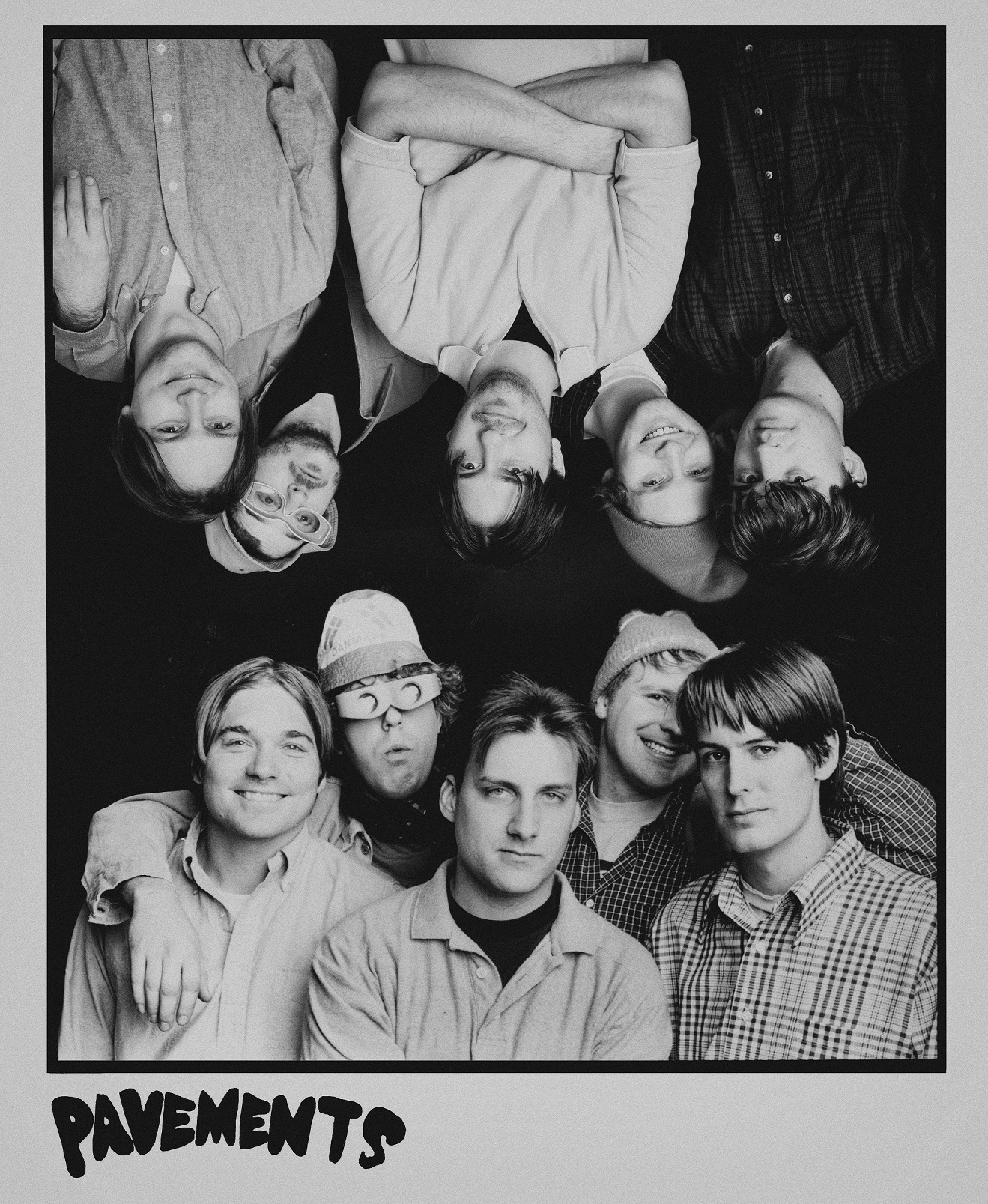Justin Kurzel’s Australian film subjects are out on the malign edge, from Snowtown’s suburban serial killer and Nitram’s mass shooter to Ned Kelly. His debut documentary’s protagonist Warren Ellis is a contrastingly loving renegade, an escapee from suburban Ballarat who became Nick Cave’s wild-maned right-hand man and The Dirty Three’s frenzied violinist, and journeys here to the Sumatran wildlife sanctuary he helps fund, where he plays to animals like a shaman Dolittle.
Ellis Park divides halfway between Ellis’s reluctant return to Ballarat and his subsequent sanctuary visit. Skittish time back at his family home with mum and dad John, a beautiful 89-year-old who literally packed up his musical hopes in a box upon starting a family but “demystified” art for Warren, is a haunting heartbreaker by itself. John Ellis’s ancient, gentle smile and watchful dignity is a human wonder, and Warren gratefully reflects on his dad’s off-camera reckoning with past family “trauma”. Home is where Warren and his brother saw the garden illuminated with a midnight display of capering clowns, a hallucination or revelation which sparked an open-hearted life culminating in his spontaneous gigs’ “leap of faith”.
 Kurzel meanwhile escorts Ellis to sites of junkie purgatory and peaceful sanctuary during troubled early years. He plays violin beneath a park statue of a Pompeii family fleeing Vesuvius, the mother shielding her child with her arm. “Doing what you could in a situation,” Ellis says, moved, “doing your best.”
Kurzel meanwhile escorts Ellis to sites of junkie purgatory and peaceful sanctuary during troubled early years. He plays violin beneath a park statue of a Pompeii family fleeing Vesuvius, the mother shielding her child with her arm. “Doing what you could in a situation,” Ellis says, moved, “doing your best.”
Ellis Park’s second half is foreshadowed by mist-shrouded rain forest, Femke den Haas working at her Sumatra Wildlife Center and Ellis Park Wildlife Sanctuary and Ellis recording the soundtrack whose mantric, roaring waves reinforce the film’s ritual force. As his plane passes through clouds towards Indonesia, Kurzel stages red-lit tropical tableaus, forecasting Apocalypse Now upriver vibes. What awaits Ellis is the horror of human violence to animals, and den Haas’s team’s calling to heal their bodies and souls. Her partner Benfika’s tearful memory of resisting the death of double amputee monkey Rina is rewarded by her dexterous survival and charismatic eyes peering at Kurzel’s camera. The release of exploited monkeys to the wild as Ellis’s speeding bike nearly levitates back home in Paris and Nina Simone sings “I Wish I Knew How It Would Feel To Be Free” is ecstatic cinema.
Ellis and the animals’ redemption and his family and den Haas’s inter-species clan organically rhyme, encompassed by his music in this deeply felt, transcendent treasure. Ellis’s Q&A at the LFF’s European premiere revealed its personal cost. “It was empowering, and then it broke me,” he said of his Ballarat homecoming. As for Sumatra, he left “a different man”, carrying back “the idea of people when they do their best”.
 Listen Up Philip director Alex Ross Perry has met Pavement leader Stephen Malkmus’s desire for a band doc which “avoids the legacy trap” with monomaniac obsession. Pavements intercuts standard archive clips and recent reunion shows with a fake full-cast Pavement off-Broadway musical, deliberately overwrought biopic starring Jason Schwartzman and Stranger Things’ Joe Keery as Malkmus, and museum launched with real artefacts and celebratory sets by legit band fans such as Snail Mail. Conventional factual beats are hit almost subliminally alongside these meta-counterparts, as when Pavement’s pelting by mud at a 1995 Lollapalooza set draws traumatised angst from Keery’s dickish Malkmus and real-time guffaws. As Perry’s LFF Q&A revealed, the briefly glimpsed museum took 10 months' work, and the musical cast rehearsed five days a week despite cameras rolling for two, leaving much of the project existing “outside the margins” of his film.
Listen Up Philip director Alex Ross Perry has met Pavement leader Stephen Malkmus’s desire for a band doc which “avoids the legacy trap” with monomaniac obsession. Pavements intercuts standard archive clips and recent reunion shows with a fake full-cast Pavement off-Broadway musical, deliberately overwrought biopic starring Jason Schwartzman and Stranger Things’ Joe Keery as Malkmus, and museum launched with real artefacts and celebratory sets by legit band fans such as Snail Mail. Conventional factual beats are hit almost subliminally alongside these meta-counterparts, as when Pavement’s pelting by mud at a 1995 Lollapalooza set draws traumatised angst from Keery’s dickish Malkmus and real-time guffaws. As Perry’s LFF Q&A revealed, the briefly glimpsed museum took 10 months' work, and the musical cast rehearsed five days a week despite cameras rolling for two, leaving much of the project existing “outside the margins” of his film.
Perry approached the biopic with anguished solemnity appropriate to Dylan or Bowie, not these enervated Nineties drawlers of slacker anthems and scratchy freak-outs from Stockton, California, a place, Malkmus tells an old interviewer, with “that second-hand distance, where everything’s slightly artificial”. It’s the Synecdoche, New York of indie-rock docs, echoing Charlie Kaufman’s half-glimpsed superstructures, receding reality and roleplay, while retaining Pavement’s self-deprecating play and poignancy. “Bands start out every single day,” Malkmus observed on their sort of hit “Cut Your Hair”, and this one’s achievements pierce the crazed conceit.
- Read more film reviews on theartsdesk















Add comment